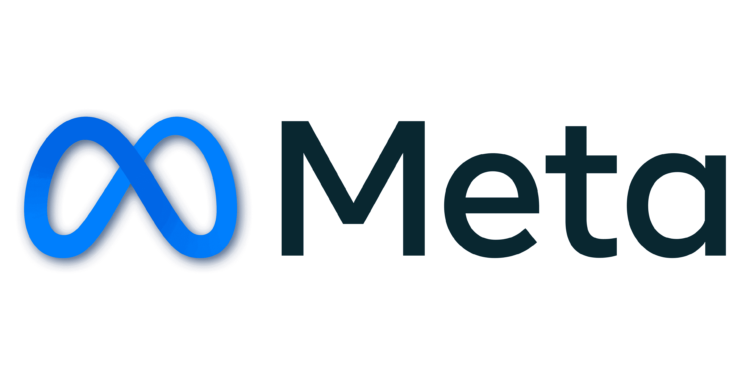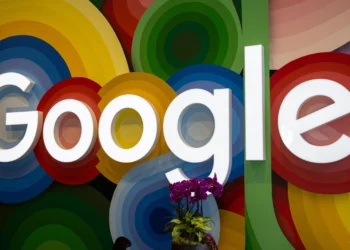Meta’s Community Notes Overhaul Could Escalate Misinformation in Africa
Meta, the parent company of Facebook, Instagram, and Threads, announced its decision to phase out third-party fact-checking programs, sparking concern over the potential consequences for combating misinformation, particularly in Africa. The tech giant plans to replace the existing system with a community-driven moderation model known as Community Notes, which allows users to add context to potentially misleading posts. This shift marks a significant policy change for a company with more than 3 billion users worldwide.
The announcement, made on January 7, is part of a broader effort to simplify Meta’s content moderation strategy. Meta cited criticisms that its fact-checking program, introduced in 2016, had occasionally been misused as a tool for censorship. CEO Mark Zuckerberg described the move as a return to Meta’s roots in promoting free expression and reducing operational errors.
While the program aims to increase transparency, critics argue it could create significant challenges for regions grappling with misinformation, particularly African countries, where disinformation campaigns often influence public opinion and democratic processes.
Fact-Checking’s Critical Role in Africa
Fact-checking organizations such as PesaCheck, Africa Check, and African Uncensored have been essential in curbing harmful narratives across the continent. For example, during Kenya’s 2017 elections, doctored videos, propaganda amplified by social media algorithms, and operations led by firms like Cambridge Analytica fueled chaos. Emmanuel Chenze, COO of African Uncensored, warns that Meta’s new direction could leave African nations vulnerable to similar crises in upcoming elections. Tanzania, Uganda, and Kenya are all slated for elections within the next two years.
In Nigeria, misinformation has exacerbated social conflicts and political instability. During the 2023 elections, fact-checkers debunked over 100 false claims daily. Manipulated content, such as fake images and misleading narratives, has previously heightened ethnic and religious tensions in states like Plateau and Oyo. Despite the existence of moderation tools, unchecked dissemination of such content persists, highlighting the potential risks of transitioning to a user-driven system like Community Notes.

Economic and Operational Fallout
The pivot to Community Notes may lead to financial instability for African fact-checking organizations, many of which rely on Meta for funding. In 2023, Meta contributed nearly half of PesaCheck’s budget, a pattern observed in previous years as well. Without these resources, organizations could face operational challenges, weakening efforts to mitigate misinformation.
The decision could also lead to job losses among content moderators in Africa, where outsourcing firms in Kenya, Nigeria, and South Africa have historically supported Meta’s moderation efforts. These firms, such as Sama and Majorel, have already scaled back their involvement in content moderation due to criticisms over low pay and lack of psychological support for workers. Sama, for example, now focuses on AI data labeling for companies like Microsoft and Walmart.
Legal and Political Implications
Meta’s changes come amid growing legal scrutiny of its content moderation practices. The company faces multiple lawsuits in Africa, including a high-profile case in Kenya alleging that its algorithms incited violence during Ethiopia’s Tigray conflict. In addition, African governments have long weaponized disinformation, creating an urgent need for effective safeguards on social media platforms.
Meta’s reliance on AI labeling and its shift towards community-driven moderation are unlikely to address these challenges effectively. Critics like Shirly Ewang of the advocacy firm Garfield argue that Community Notes will fail to counteract misinformation at the speed required. Unlike professional fact-checking, which systematically debunks false claims, Community Notes relies on user-generated content that may lack credibility or timeliness.
The Way Forward for Africa
As Africa faces critical junctures in its democratic processes, there is a pressing need for collaboration between governments, civil society, and tech platforms. Raising public awareness about misinformation and promoting digital literacy are essential steps. Governments must also engage with social media companies to establish clear guidelines for combating harmful content.
Meta’s decision underscores the complexity of balancing free speech with misinformation control. While the Community Notes system promises increased transparency, it also raises questions about accountability and the future of public discourse on digital platforms. As the rollout progresses, the impact on Africa’s battle against disinformation remains to be seen.




